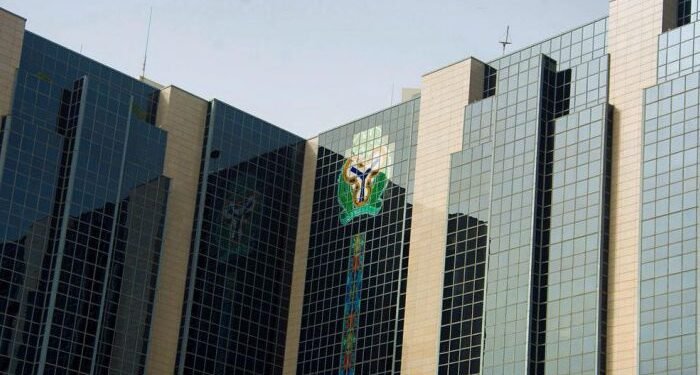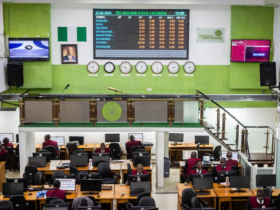The Central Bank of Nigeria’s data on electronic payments reveals that in the first half of 2024, there were 252.06 million transactions via Unstructured Supplementary Service Data (USSD) codes, amounting to N2.19tn. This marks a substantial increase compared to the total transactions and value recorded for 2023. USSD, originally developed for telecom services, has gained popularity in the banking sector due to its accessibility without the need for an internet connection.
USSD transactions play a vital role in Nigeria’s financial inclusion efforts by providing a convenient platform for users with limited internet access, particularly in rural areas. However, the sustainability of USSD transactions has been jeopardized by a debt exceeding N250bn, which has been a long-standing issue despite previous interventions by the Central Bank of Nigeria and the Ministry of Communications.
The Association of Licensed Telecommunications Operators of Nigeria has raised concerns about banks benefiting from USSD services without meeting their payment obligations. While progress has been made in the repayment of the debt, major banks are yet to make substantial contributions, causing dissatisfaction among stakeholders. Despite these challenges, other electronic payment methods like Automated Teller Machine (ATM) transactions and point-of-sale payments have shown significant growth, reflecting the country’s move towards cashless transactions.
















Leave a Reply